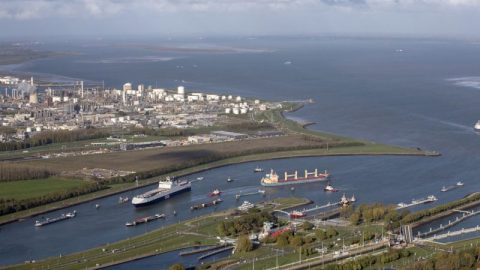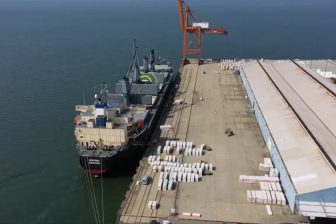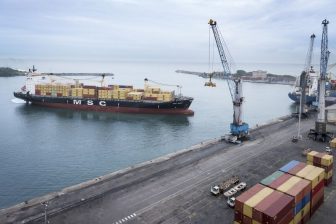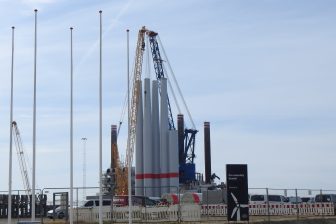
North Sea Port records growth, but breakbulk suffers another hit
North Sea Port booked a throughput of 36.6 million tonnes in the first half of 2019, reflecting a growth of 2%. However, increased containerisation of food products led to a drop of 10% in breakbulk cargo.
The port saw sharp increases in the handling of dry bulk cargoes and containers. Dry bulk grew with 9% to 17.5 million tonnes as a result of strong demand from the construction market and improved volumes of iron ore. Container throughput grew with 81% to a modest 550,000 tonnes as a result of containerisation of food products, like bananas.
That same trend negatively impacted breakbulk volumes as these bananas were previously shipped in traditional reefer vessels. Breakbulk volumes were down 10% and amounted 5.6 million tonnes. Despite the negative effects of containerisation, the port does plan to grow its breakbulk volume in the longterm to maintain its current position as Europe’s largest breakbulk port.
Ro/ro volumes also suffered a hit and decreased by 11% to 1.7 million tonnes. Liquid bulk decreased by 4% following a strong result last year. Liquid bulk volumes amounted to 10.4 million tonnes. The decrease was mostly visible in oil-based fuels and gasses.
The port authority says the results are in line with expectations and is “cautiously optimistic” about the second half of the year.



